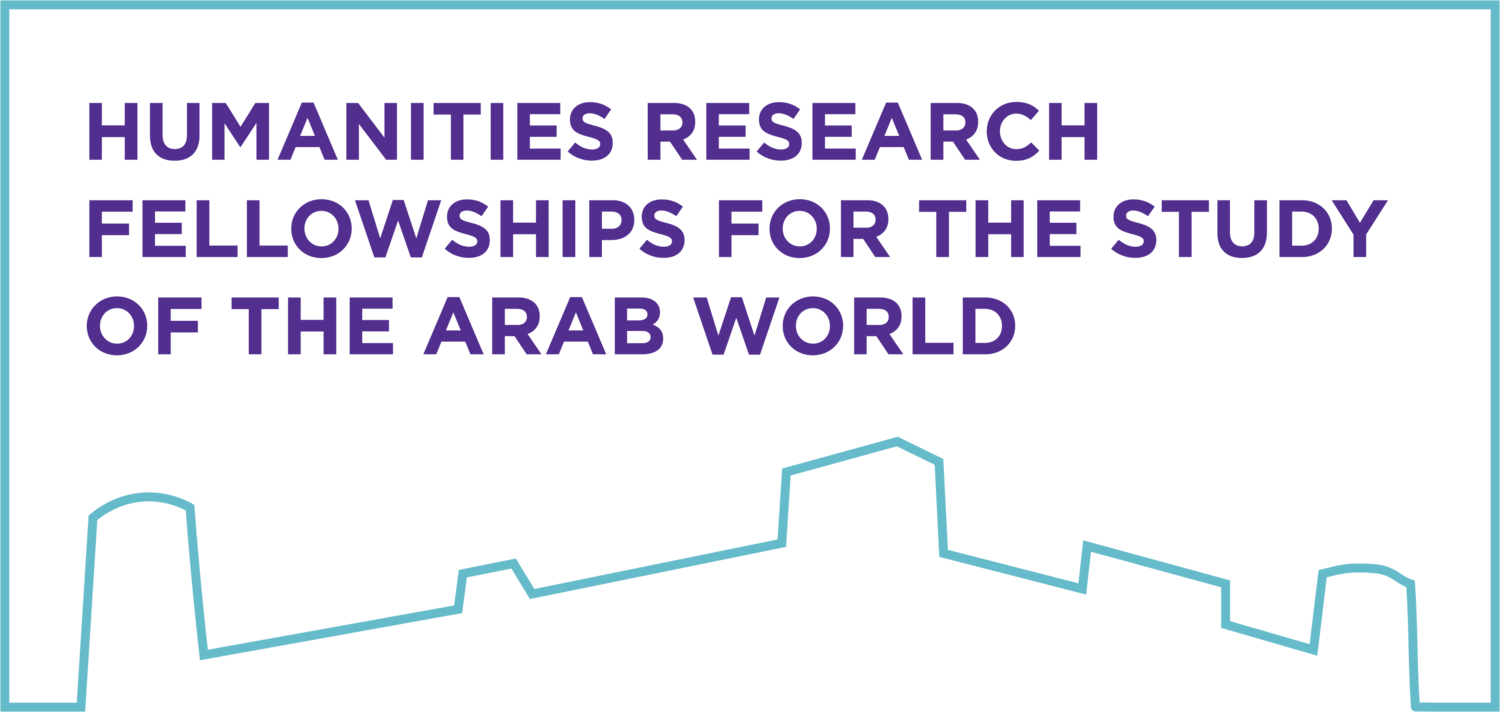Part of the Knowledge Futures project
This talk analyzes a multi-media corpus of interviews and narratives given by survivors of the 2015 Nepal earthquakes, which killed over 9,000 people and injured or displaced tens of thousands of others. Working with transcribed and translated exchanges from six Tibeto-Burman languages spoken in areas of Gorkha, Manang, and Mustang, this talk examines what the cultural values, traditions, practices, and social organizations of Himalayan highland communities can teach us about the impacts of natural disasters, and the consequences of societal efforts beyond the control of those who are directly impacted. Following a discussion of methods of community-oriented data collection, organization and archival storage, the talk will analyze excerpts from a corpus of audio, still photos, and video. Emergent themes include the juxtaposition of interpretations of the internal (body) and external (environmental) worlds; the contrast between survivor understandings of cycles of decay and destruction vs. those of regeneration and renewal; and the roles that ritual events play in extraordinary times.
Kristine Hildebrandt is a professor of linguistics and chair of the Department of English Language and Literature at Southern Illinois University Edwardsville. Hildebrandt is also the co-director of the IRIS Digital Humanities Center at SIUE. Her areas of specialization include language documentation and description of Tibeto-Burman/Trans-Himalayan languages of Nepal. She has directed multiple projects funded by the National Science Foundation, the National Endowment for the Humanities, and the Social Sciences Research Council, all of which demonstrate convergence between linguistics and other fields in the humanities and social sciences. Hildebrandt was the president of the Endangered Language Fund from 2020-2024. Hildebrandt’s most recent initiative, Establishing a DLI Community of Science, aims to bring scholars and stakeholders from a wide range of backgrounds together to formulate new research questions and methodologies, and to build collaborative work plans that bridge language documentation with areas such as computational infrastructure, data management, social and environmental sciences, and anthropology.
In Person (NYUAD Campus)
The seminar is open to the NYUAD community and by invitation. Registration has closed.
